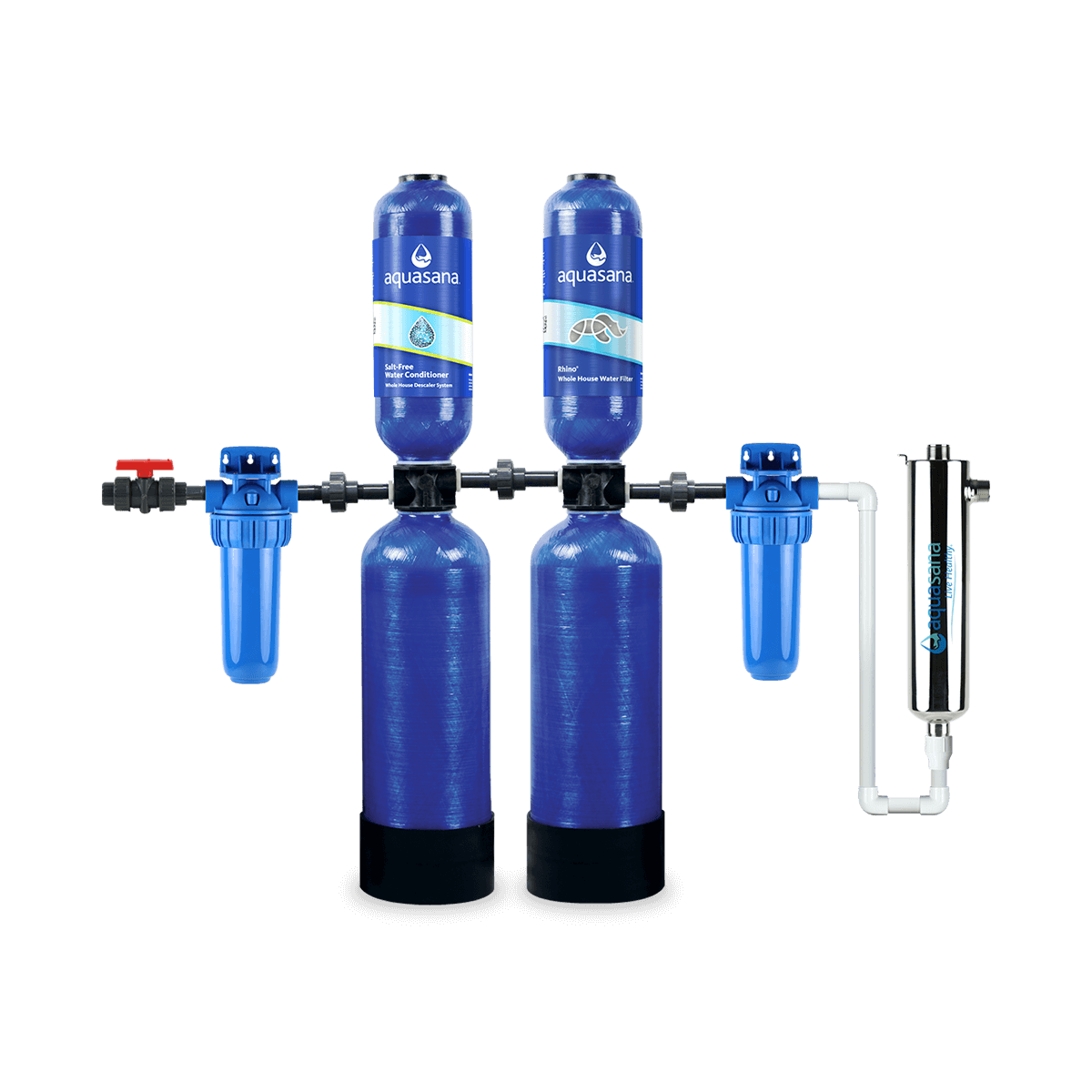

It is so hard to keep up with RECALLS. From crib recalls, lead paint in toys, burning diapers to medicine, it has become frustrating and absolutely irresponsible of companies to let products go on the market before they are thoroughly tested for safety. These are products for children and should be 100 percent safe. It seems like you have to do your own research as a parent before you buy anything.
I don't have Tylenol, but I do have have Children's Liquid Dye Free Benadryl which I use for my food allergies and my husbands as well.(I hate needles therefore I don't have an Epipen) Now feeding my daughter baby food, we need to be careful she hasn't inherited our food allergies. Two days before the recall she had a reaction to something and broke out in a few red spots and a rash. The DR had said it was OK to give her Benadryl if she had a reaction, so I gave her less than a quarter of a teaspoon. The rash seemed to lessen after that. Then I hear about the recall!!! I plan to return the 2 bottles that I have of Children's Benadryl. I did find a teething medicine from Boiron that is Homeopathic which I plan to use if necessary.

The information below from Stroller Traffic seems to explain the recall well:
The recent recall of McNeil Consumer Healthcare's infant's and children's versions of Tylenol, Motrin, Zyrtec, and Benadryl has most moms frustrated, panicked, or just plain pissed off. To help answer some of the questions surrounding the issue, we spoke to our pediatric expert, JJ Levenstein of MD Moms. As always, Dr. Levenstein was beyond helpful in explaining what happened, how it affects us, and what we should do now.
Q. What prompted this recall?
A. The current recall issued over the weekend originated out of concern that there were "manufacturing deficiencies" in McNeil's Fort Washington, Pennsylvania plant. Specifically, the company's news release states that "some of the product included in the recall may contain a higher concentration of active ingredient than is specified; others may contain inactive ingredients that may not meet internal testing requirements; and others may contain tiny particles."
Q. How is this recall different from the Tylenol recall earlier this year?
A. The January 2010 recall of several of McNeil's products (including junior strength Motrin, Children's Tylenol grape meltaway tablets, and adult forms of Tylenol, Motrin, Rolaids, St. Joseph Aspirin and Benadryl) was provoked by several consumers detecting an unusual mold, musty or mildew-like odor from these products. Fast forward to the answer: the wooden pallets used to transport big lots of these medications were coated with a chemical called 2,4,6-tribromoanisole (TBA). Apparently the off-gassing of this chemical leached into the packaging of the above-mentioned products and a small number of consumers complained of non-serious stomach problems, including nausea, vomiting, stomach pain and diarrhea. The FDA spearheaded the effort to quickly find out why, and warned McNeil/Johnson & Johnson that their new drug applications and export certificates may be in peril unless there was swift and complete remediation of the problem. Because the first reports actually came to McNeil in early 2008, and their subsequent reporting to the FDA didn't occur until a year later, the FDA was especially concerned about timely disclosure.
Q. We can't help but wonder if generic is the best way to go: what's the difference between the McNeil brands and the generic/in-store brands?
A. On outward glance, the active ingredients and concentrations of other brands, store brands and generic acetaminophen (Tylenol, Panadol, Tempra and generics), ibuprofen (Motrin, Advil, generics), diphenhydramine (Benadryl) and cetirizine (Zyrtec) all appear equivalent on paper. What can distinguish a known brand from the generic/store brand may be color, flavor, delivery system (meltaway vs. liquid vs. chew), rate of absorption in the GI tract, and presence of different inactive ingredients (flavorings, dyes, fillers). Quite honestly, over the last two decades, I haven't really witnessed a striking difference in the positive effects of brand vs. generics in the categories listed above.
Q. Aren't in-store brands often made by the same manufacturer?
A. Private labeling (i.e., a recognized brand manufacturing under the moniker of store brand or generic) is fairly common in the industry, enabling manufacturers to capture the "brand only" audience as well as the "pocketbook aware" audience. Usually, private labeling deals are proprietary (not public knowledge) and as a result, not easy to look up. However, with medications requiring FDA approval, store brands and generics are subject to the same stringent reporting requirements as known brands. It appears that this recall is specific to McNeil's Fort Washington plant. By the looks of the recall list, it appears as though generics/store brands that they may manufacture are not affected (my guess is that if McNeil does manufacture under other names, that it is done in a different plant).
Q. What's the best thing to do if your kid needs pain/allergy relief during this time between when we have to throw away our products and when the stores stock the new (safe) products?
A. Look at other brands (Tempra, Panadol, Claritin, Advil, store brands, generics) for a readily available substitute, and consult your health care provider if you have questions on dosing, etc. Just today at my local market, I found five brands of acetaminophen (liquid, chews, rectal suppositories and meltaways), five of ibuprofen (liquid, two strengths of chews, and another national brand), four of diphenhydramine (rapid dissolve strips, a store brand of Benadryl, generic brand and chewables) and both generic cetirizine (in liquid and children's chews) and Zyrtec brand children's chews (which can be crushed for younger children), plus Claritin (loratidine) liquid and chews for children.
Remember that fever relief can also be achieved (at least partially) by offering your child cool fluids frequently, removing layers of clothing, using lukewarm baths and cooling compresses to reduce the body's temperature and maintain hydration.
Q. On that note, is it really imperative that we throw away the tainted lots? What's the worst that could happen if a child ingested the products?
A. YES. Since McNeil's press statement about possibly higher concentrations of active ingredients seems purposely vague, I would not want my child or any of my patients to possibly suffer organ damage from overdosing (i.e., Tylenol given in repeated higher doses causes liver damage, Benadryl in higher doses could cause excessive sedation, Motrin in higher doses could compromise stomach lining or kidney function). Furthermore, inactive ingredients, if present in higher concentrations, could potentially cause harm if a child were extremely sensitive to, say, a food dye, filler or preservative.
Q. Now what? Any knowledge of whether McNeil will be reimbursing customers?
A. Their press release states that recalled products may be returned for a refund or exchanged for fresh product once manufacturing issues have been resolved. The company is conducting a comprehensive quality assessment across its manufacturing operations and has identified corrective actions that will be implemented before new manufacturing is initiated at the plant where the recalled products were made.
Consumers can contact the company at 1-888-222-6036 and also at www.mcneilproductrecall.com. Parents and caregivers who are not sure about alternative pediatric health treatment options should talk to their doctor or pharmacist and are reminded to never give drug products to infants and children that are not intended for those age groups as this could result in serious harm.
For additional information, including affected NDC numbers, consumers should visit www.mcneilproductrecall.com or call 1-888-222-6036. Any adverse reactions may also be reported to the FDA’s MedWatch Program by fax at 1-800-FDA-0178, by mail at MedWatch, FDA, 5600 Fishers Lane, Rockville, MD 20852-9787, or on the MedWatch website at www.fda.gov/medwatch.
--Dr. JJ Levenstein, MD Moms
I guess its buyer beware out there!!!! Maybe homeopathic teething medicine will work for me??? The colic medicine seemed to work, now hopefully there won't be anymore RECALLS!!!














Great posting! Jack is 15 months and can I tell you how many of our baby products have been recalled since he was born? His crib, his stroller, medicines, toys... As moms, we have so much on our minds...do we have time for more recalls? UGH.
ReplyDelete